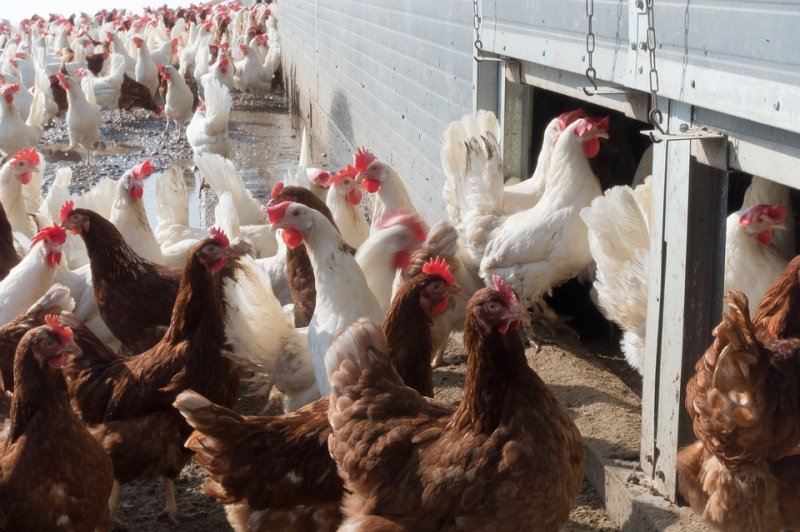Dec. 30 (UPI) -- German health officials said Thursday that Europe is experiencing a devastating avian bird flu outbreak affecting wild birds and poultry farms as humans continue to struggle with the COVID-19 pandemic.
The Friedrich Loeffler Institute, Germany's Federal Research Institute for Animal Health, said cases have been found in Canada, across Europe and into India and East Asia.















